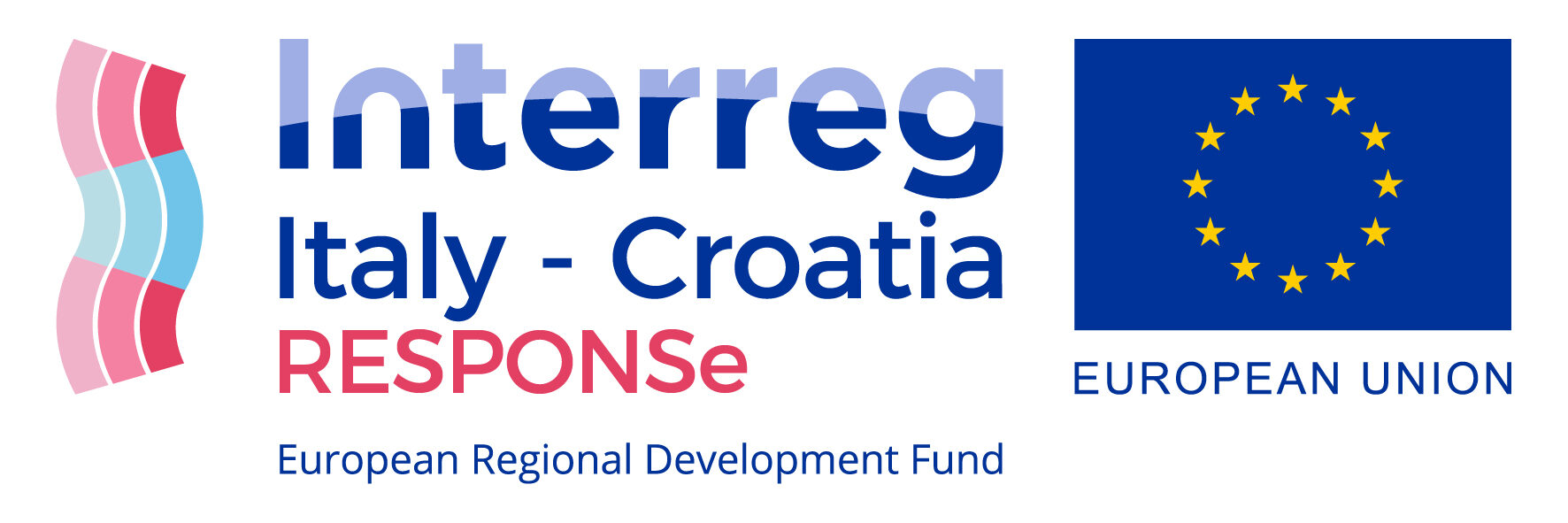Climate actions
Economic Policy Instruments (EPIs) are incentives traditionally classified in: pricing (e.g. water tariffs), environmental taxes and charges, subsidies (on products and practices), trading (e.g. tradable permit for pollution or water abstraction, compensation mechanisms, payments for environmental services) and finally voluntary agreements and risk management schemes (such as insurances or liabilities). EPIs can significantly improve an existing policy framework by incentivising, rather than commanding, behavioural changes that may lead to adaptation. EPIs can spur behavioural change through incentives or disincentives, change conditions to enable economic transactions or reduce risk. Variation in the needs, opportunities, and constraints of each country; variation in the capacity to implement economic instruments across different regions or sectors within each country.
Promote economic incentives for behavioural change
Objective
Adapt individual decisions to collectively agreed goals.
Description
Expected results
Improved environmental quality and economic efficiency; better social distribution of the burden to achieve the desired objective.
Result indicators
Public participation and social acceptance of the proposed tools.
Direct costs (e.g. cost of paying the tax) and transaction costs (e.g. the time and money cost of getting to the market, finding a buyer or seller, negotiating a purchase, consummating the trade, and returning from the market).
Involved actors
International and national government, citizens.
Expected timeline for action
Best practices
Criticalities
Scope of the action
Type of proposed actions
Sector of action
Climate impacts
Implementation scale
